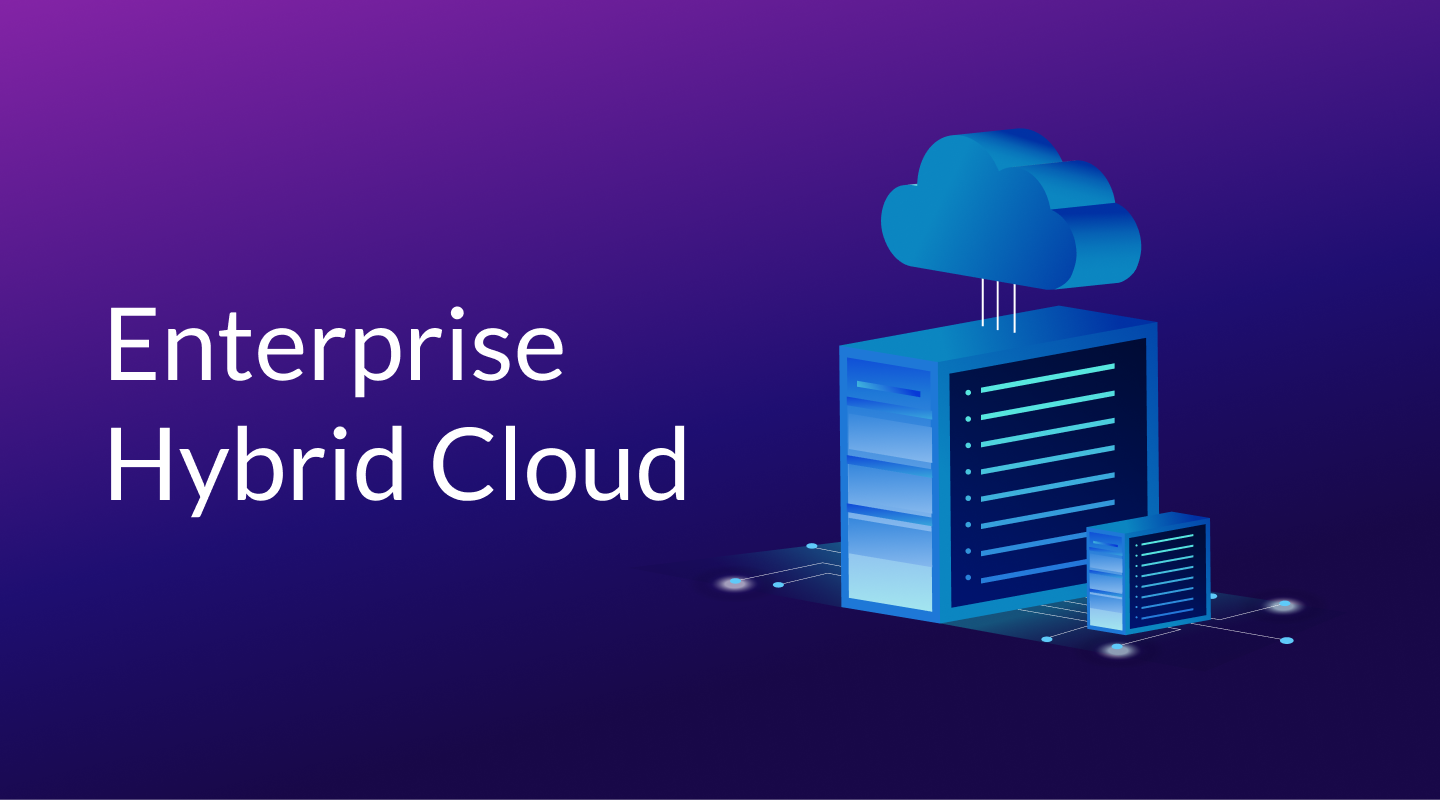Nowadays, enterprises are under growing pressure from their competitors and customers. A hybrid cloud has been a useful tool for enterprises and a win for customer experience. With automation tools, it handles much, a solid infrastructure to support the high expectations of users. Thus, more businesses are embracing the flexibility of modern enterprise hybrid cloud.
Learn how the hybrid cloud works and why companies switch to it.
Hybrid cloud
A hybrid cloud helps you choose two or more different computing environments to set up a more adjustable custom architecture for a business. The hybrid cloud lets companies move storage, computing, and other services in a mix of three solutions, such as:
- Private cloud. All the software and hardware resources are exclusive and used by one customer. It is secured behind its firewall, which makes it more safe.
- Public cloud. The enterprise shares computing power and infrastructure with multiple organizations.
- On-premises solutions. Using data center architecture at a physical location. The on-premise solutions are providing greater degrees of protection.But, it is hard to keep up with pricey upgrades and maintenance.
It allows workloads to move between connected infrastructures. It creates a more flexible solution that switches the workloads around based on pre-configured rules. The fusion of a hybrid cloud optimizes and balances the following:
- IT needs
- enabling flexibility
- scalability
- efficiency
Build an ultimate hybrid strategy
It is essential to consider all options and make adjustments and compromises when building an optimal cloud strategy. A hybrid cloud is the ultimate solution for the ultimate hybrid strategy.
There are pros and cons of the three cloud solutions that you can use. So, you need to know the right solution for your hybrid strategy.
- Public
- Private
- Hybrid

Many enterprises are confused about these three solutions, making them wonder which one is the best.
A private cloud is built on-premise and handled internally. All the resources are dedicated to a single customer with a private cloud. The public cloud serves various customers simultaneously using the following:
- SaaS (software as a service)
- PaaS (platform as a service)
- IaaS (infrastructure as a service)
A hybrid cloud will sit in between the private and a public cloud.
Public and private clouds offer a mix of features from both types of cloud. Among the mostly used three primary types of cloud service, the public cloud is the top in the market. The public cloud offers enterprises various features:
- easy scalability and innovation
- agility
- unique technology
The public cloud is not omnipotent
There is no single cloud option that you can consider a sole solution for everyone. When implementing the ultimate cloud solution, even in the public cloud is considered to work with a more hybrid strategy. It ensures the network obtain the following benefits:
- connectivity
- security
- scalability
All these characteristics of the public cloud are needed for future growth. Even though it has increased security functions, the public cloud is managed externally. It takes control rather than your energy and gets you surprised about the costs and slow down of networks.





